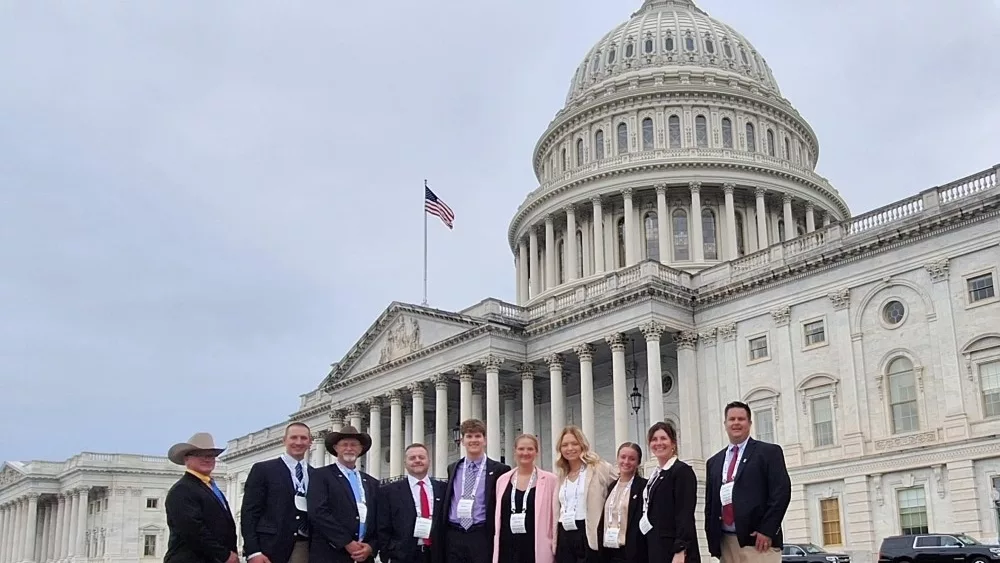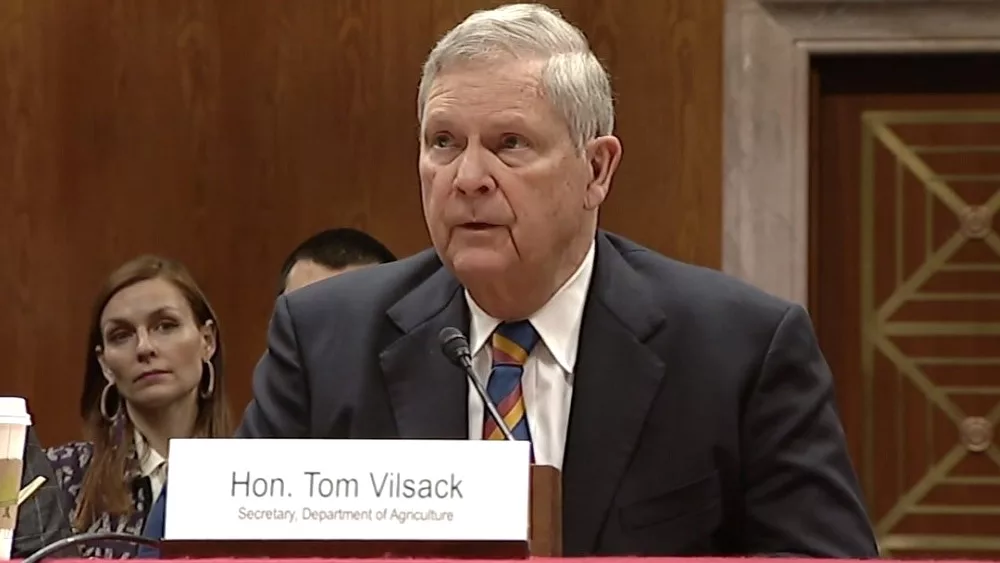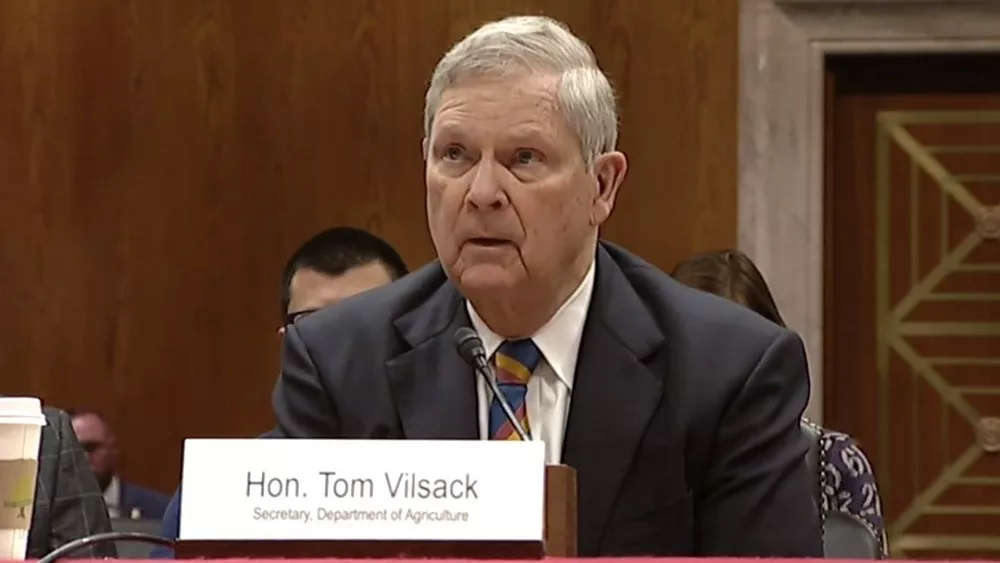
At least 20 states have considered bills requiring labeling for genetically modified (GMO) foods in the past few years. California’s Prop 37 was the most notorious of these proposed laws, but it was defeated by referendum in November 2012. This hasn’t stopped GMO opponents in other states from seeking to pass laws requiring the labeling of GMO containing food. This raises two questions: First, why doesn’t the Food and Drug Administration (FDA) require GMO labels? Second, is it even legal for states to create their own GMO labels?
The FDA, pursuant to the Food, Drug, and Cosmetic Act, ensures the safety of all domestic and imported foods (except meat, poultry, and egg, which the USDA regulates). When groups have petitioned the FDA to require GMO containing labels, the FDA has responded that GMO containing foods are “substantially equivalent” to non-GMO foods, therefore, no additional labeling is required. FDA, Statement of Policy: Foods Derived from New Plant Varieties, 57 Fed. Reg. 22984, § IV (May 29, 1992).
Can states bypass the FDA and impose their own labels? That creates legal problems, which due to the newness of this issue, have not been resolved by courts. One of the problems with state GMO labeling laws is that federal law typically trumps state law where there is a conflict. That is the nature of federalism. If the federal government, by empowering the FDA to require and regulate food labels, decides not to require GMO labeling, states cannot necessarily usurp that power by creating their own labeling requirements.
Another problem is that state GMO labeling laws may violate the Interstate Commerce Clause of the U.S. Constitution. If Washington state, for example, requires that tortilla chips made with GMO corn state so on the label, suddenly tortilla chips made and bagged in Indiana with GMO corn (and containing the FDA required label) could not be sold in Washington. Would the delivery trucks be turned away at Washington state’s border? Does Washington have the right to ban the sale of Indiana corn chips? The Interstate Commerce Clause was put into our constitution to avoid that problem. Years ago, states tried to ban the importation of out-of-state trash–but the United States Supreme Court said that violated the Interstate Commerce Clause. C & A Carbone, Inc. v. Town of Clarkstown, 114 S. Ct. 1677 (1994). Individual states cannot stop the flow of commerce, nor would we want them to.
Other problems could arise from the wording of the labels themselves. What exactly is GMO free? Does that mean corn that is 99.5% GMO free could be labeled as “containing no genetically engineered organisms”? Are chickens that eat GMO corn or soybean products “GMO free”, even though the chickens themselves were not genetically engineered? Courts have not answered these questions.
State-led initiatives to require GMO labeling are fraught with legal problems. They are also unnecessary, because “GMO free” essentially already exists in the “organic” label. If you want GMO free food, buy “organic.” Whatever you buy, it’s safe to assume the GMO labeling wars in this country are just beginning.
Special thanks to Sudhir Burgaard, who writes about this topic more in depth for the American Bar Association’s Natural Resource and The Environment Newsletter in his article titled: The Labeling of Genetically Modified Foods Debate.
Todd Janzen grew up on a Kansas farm and now practices law with Plews Shadley Racher & Braun LLP, which has offices in Indianapolis and South Bend. He also serves as General Counsel to the Indiana Dairy Producers and writes regularly about agricultural law topics on his blog: JanzenAgLaw.com. This article is provided for informational purposes only. Readers should consult legal counsel for advice applicable to specific circumstances. Todd is currently serving as chair of the American Bar Association’s (ABA’s) Agricultural Management Committee, which is part of the ABA’s Section of Environment, Energy, and Resources.
Submitted by: Todd J. Janzen, Plews Shadley Racher & Braun LLP




